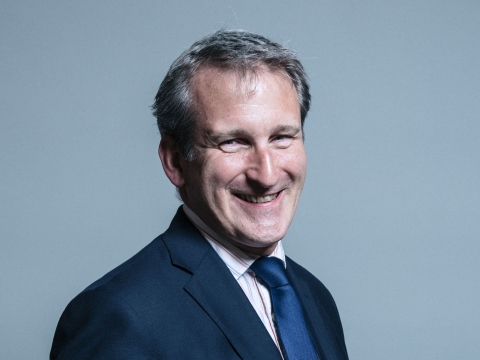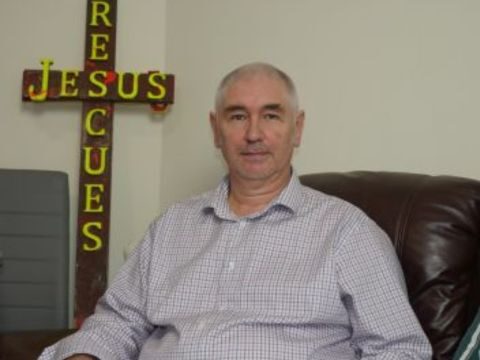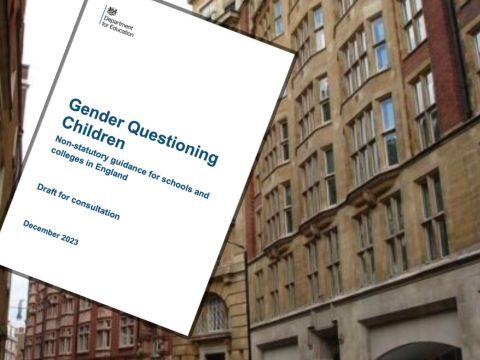

So the reshuffle came and went, together with the appointment of yet another Secretary of State for Education. Previous incumbents have not been noted for their longevity – Damian Hinds is the fourth to hold the position since 2010. That fact alone raises concerns in the minds of many in the teaching profession, who regularly lament the fact that modern education is just another political football.
So what can we expect from this most recent appointment? Hinds attended a grammar school in Altrincham. He was raised as a Catholic, a faith which he still embraces. He is married, with 3 children (that alone is an unusual state of affairs for someone holding this office) and his wife is a teacher – plenty of firsthand advice and opinion, then.
He is not without experience, having sat on the Education Select Committee for two years. He has also written about social mobility – a concept close to the hearts of successive Prime Ministers, but one which stubbornly refuses to respond to their various strategies. Damian Hinds is on record as saying that the earlier you start with social mobility the better and one of his first actions was to hand £200,000 to a nursery as part of the government’s education opportunities programme.
He certainly faces some challenging issues – school funding; falling teacher recruitment; leakage of experienced teachers from the profession, and higher education tuition fees, to name a few. But despite the urgency of these needs, the media has taken more of an interest in his Catholic faith.
The Conservative manifesto at the last election promised to remove the cap on faith school admissions. Currently, if a church opens a new free school, admissions for children of its faith are limited to 50%. The Catholic Church has refused to open any new schools, arguing that it is against church law, and also that it is inappropriate to fund schools from which they then have to turn away Catholic children in order to meet quotas.
But this isn’t simply a matter of the place of faith in the public square. It’s a pressing problem that the government has to address. Immigration from Eastern Europe has caused a significant growth in the Catholic population of some parts of the country and, if the cap was removed, the Catholic church would open up to 30 new schools creating some 20,000 new places. This would provide finance for new buildings which the government simply doesn’t have and relieve pressure on school places. So everybody should win, shouldn’t they?
Well, not according to the secular lobby, which argues that church schools are socially divisive. The argument doesn’t stand up under scrutiny – we are a diverse and pluralistic society, so why should our education service not reflect that? The evidence proves beyond doubt that Catholic schools serve more disadvantaged children and young people than any other sector of the education service. The evidence also shows that church schools are more likely to be categorised Good or Outstanding by Ofsted. Above all, they are enduringly popular with parents – most church schools are heavily oversubscribed year on year.
It will be interesting to see what the new Education Secretary decides to do with the faith cap. Remove it and he will be castigated for attempting to impose religion on innocent children. Leave it in place, and he loses the best opportunity he may ever have to solve the problem of overcrowding.
As Abraham Lincoln quoted, you can’t please all of the people all of the time. The education service badly needs stability, so let us hope that Damian Hinds will please enough people enough of the time to keep his job for longer than his predecessor.






